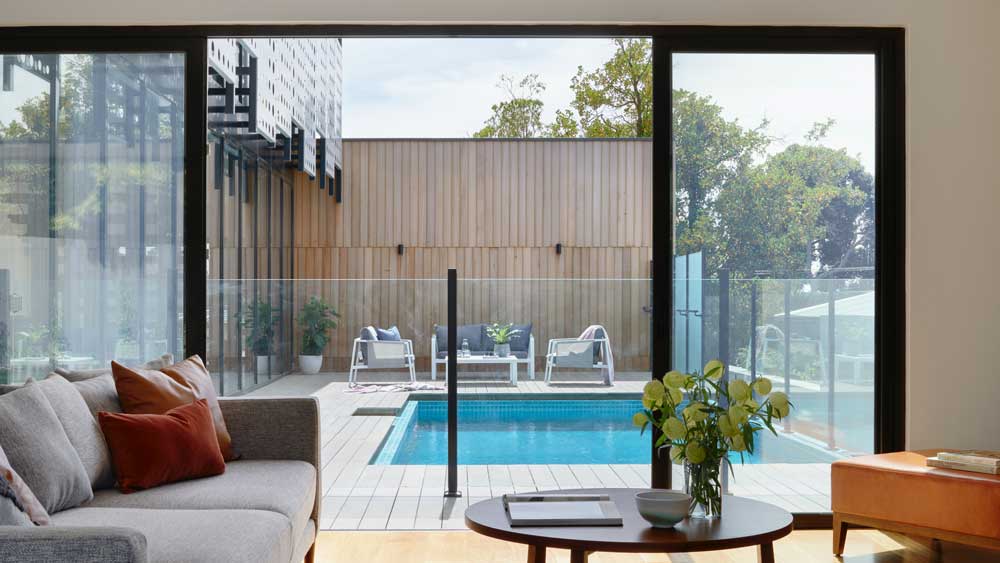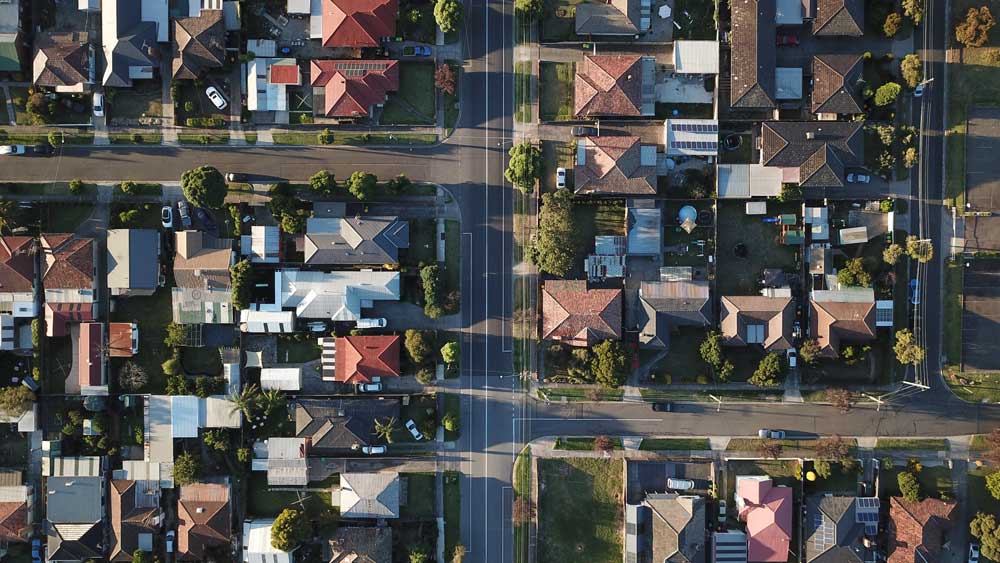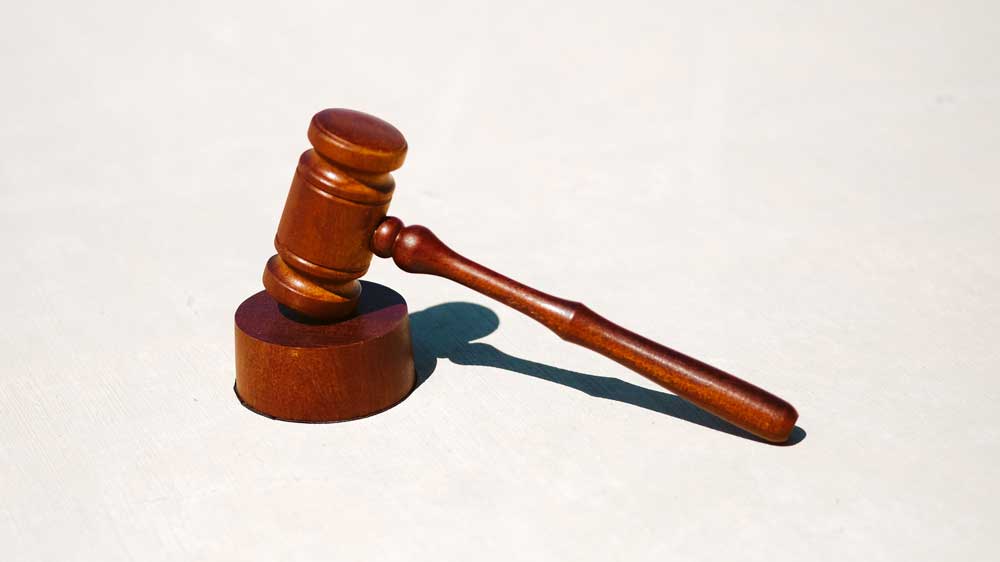
If you currently own a second home in the United States or Canada and are considering changing your ‘second home’ to an ‘investment property,’ you have several factors to consider. Generating rental income from your property can be a great way to earn more income, but there are mortgage, tax and insurance implications, among others, you must consider before you make the switch.
For the purposes of this article, we’ve assumed that you are currently using your second home as a part-time residence, such as a seasonal home or vacation property. As you contemplate increasing the investment potential in your second home, you are now considering the consequences of converting your second home to a rental property.
Mortgage Considerations When Changing a Second Home to an Investment Property

You may be asking yourself, can I turn my second home into a rental property if I have a mortgage on it? The short answer is ‘yes,’ but there are several considerations. In particular, you must consider the terms of your existing mortgage before converting a second home to a rental property.
Most second home mortgages have more favorable terms than loans for an investment property. Lenders usually require lower down payments and offer interest rates lower than they would for an investment property. It’s against the law (i.e. mortgage fraud) to make your property look like a second home when you intend to use it as an investment property. As such, misrepresenting the home’s use has legal and financial implications.
Lenders, however, can’t do much about a legitimate change in occupancy during the term of your mortgage. Just be aware that a change in your home’s occupancy status within the first 12 months of ownership may invite greater scrutiny from your mortgage provider. Further, when your mortgage comes up for renewal, your mortgage provider may choose not to renew your mortgage at all given the change in use designation and increased risk profile. Alternatively, if you refinance later down the road, you must also disclose the change in occupancy and secure an investment property loan versus a second home mortgage which may have different terms.
By default, if your second home is within 50 miles of your primary residence, most lenders in the United States will consider it an investment property since it’s too close to your property to consider it a ‘second home.’ You may have already run into this when you purchased your second home initially. In Canada, while there is no similar distance requirement, lenders will also take into account the distance of your second home from your primary residence for the purposes of determining the property’s intended use.
At the end of the day, lenders have a vested interest in determining if the home will be a part-time residence for you or an income-producing property given the different risk profiles.
Tax Considerations When Changing a Second Home to an Investment Property
The summary provided below is for informational purposes only. Please consult with a qualified tax professional to understand your individual tax situation.
In the United States, homeowners must report all income earned on a property that they rent out for 15 days or longer. For example, if you rent out your home for two weeks (or 14 days) a year, you don’t have to report the income earned, but if you rent it out for 21 days, you’d report it.
The good news is you can make several deductions running an investment property. The IRS considers it a business and allows you to take business deductions. Some common deductions include:
- Mortgage interest
- Cost of maintaining the property
- Property taxes
- Home insurance
- Utility costs
- Advertising
- Commuting costs if you visit the property for business purposes
- Cost of keeping an office to maintain your rental property
There are tax benefits to consider when selling the property too. In the US, by living in the investment property as a principal residence for at least 2 of the last 5 years (it doesn’t have to be consecutive), you may be able to take advantage of the capital gains exclusion normally available on the sale of a primary residence. When you sell your primary residence, you can exclude up to $250,000 in profits ($500,000 if married filing jointly), keeping in mind that these exclusion amounts are reduced on a pro rata basis to reflect the period of rental, vacation home or other ‘non-qualifying use.’ For a second home or investment property, on the other hand, there are no such exclusions on capital gains realized from a sale.
Like in the US, Canadians are required to report any income derived from a rental property. If you own and operate a short-term vacation rental property, an important threshold to also keep in mind is the annual revenue limit of C$30,000. If you exceed that limit over four consecutive quarters, you will be required to charge and remit GST/HST on any rental income. Note, however, that you can make deductions (similar to the above list) to reduce your tax liability.
In Canada, changing a home from a secondary residence to an investment property may create a deemed disposition for fair market value in the eyes of the CRA. In other words, they may treat it as if you actually sold the property at the current value and re-acquired the property for the same price. If there are capital gains on the transaction, you must report them. Similarly, when you actually sell your investment property, you will also need to report any capital gain (since the deemed disposition). The CRA determines your capital gain by using the property’s adjusted cost base (original purchase price and eligible costs) and fair market value when you sell. The difference is your profit for tax purposes and one-half of the capital gain is included in your taxable income. This differs from the treatment of any gain realized when you sell your primary residence, which is tax-free in Canada. Lastly, if you’re a GST/HST registrant operating a short-term rental property, you are required to collect GST/HST on the sale of your property.
A quick note on claiming depreciation as an expense: In both the United States and Canada, you may be permitted to reduce your rental income by claiming a depreciation expense (or a capital cost allowance in Canada) over the useful life of the rental property. By doing so, however, you may be subject to a recapture payment so be sure to obtain appropriate advice before doing so.
As you can see, the tax consequences of changing a second home to an investment property are complex and require the assistance of a qualified tax professional.
Other Considerations When Changing a Second Home to an Investment Property

While the mortgage and tax consequences are the largest consideration, you should also consider the following before converting a second home to a rental property:
- Insurance. You must update your insurance from a primary/secondary home to an investment property. The insurance premiums will generally be higher because of the increased risk of having someone else use the property versus yourself.
- Building codes. Is your rental property up to code? Mostly, these codes include specified minimum standards for the interior and the exterior of the building. As a landlord, you are liable for any code violations.
- By-laws and zoning restrictions. If you own a condominium or other property governed by a homeowners’ association, strata corporation or similar entity, be sure to review the governing documents to understand whether rentals are permitted. There may also be local restrictions on rental properties in certain cities. For instance, many cities in the United States and Canada have short term rental restrictions in place to reduce problems associated with noise, parking, partying and trash. In the United States, this includes cities in California, Colorado and New York and in Canada this includes cities in British Columbia, Ontario and Quebec, among others.
- Business licenses or permits. Even if short-term rentals are permitted in your area, you may be required to obtain a business license or permit. For example, a tourist accommodation business licence is required in Whistler, BC and a short-term rental home (STRH) permit is required in certain areas of Maui, HI.
Converting Second Home to Rental Property
As you can see, changing a second home to an investment property, or more particularly, converting a second home to a rental property, is possible, but there are several factors you must consider. Your lender, insurance provider, taxation authority and other government departments all have a vested interest in how you own and use the property.
Importantly, be sure to discuss converting your second home to an investment property with your tax advisor and attorney before making the switch.
If you’re considering converting a second home to your primary residence, be sure to explore our article on Buying a Vacation Property or “Second Home” That Will Be Your Primary Residence.
